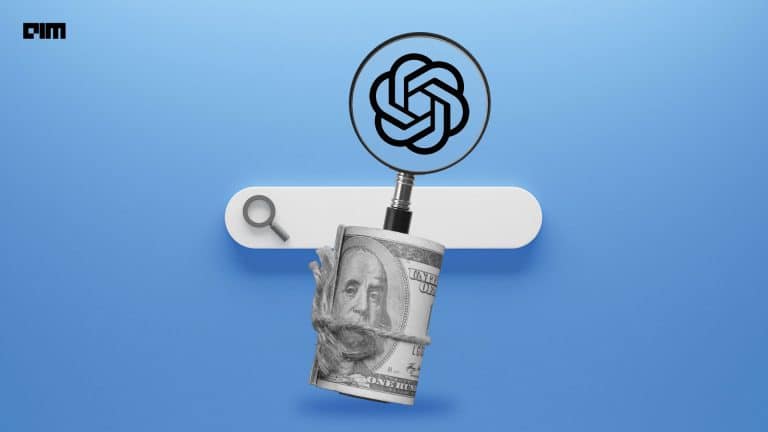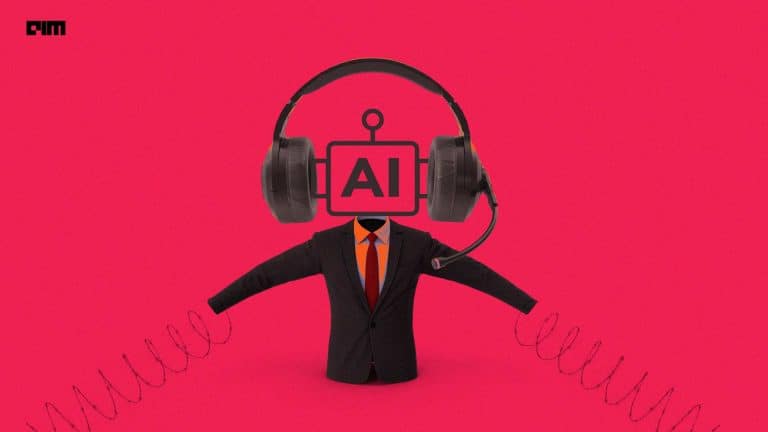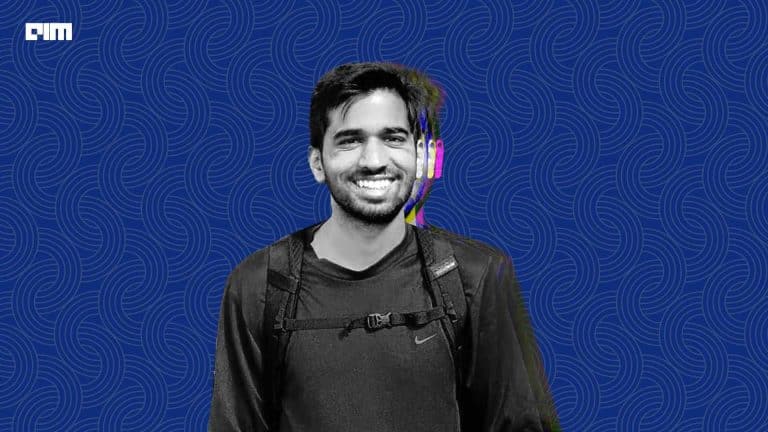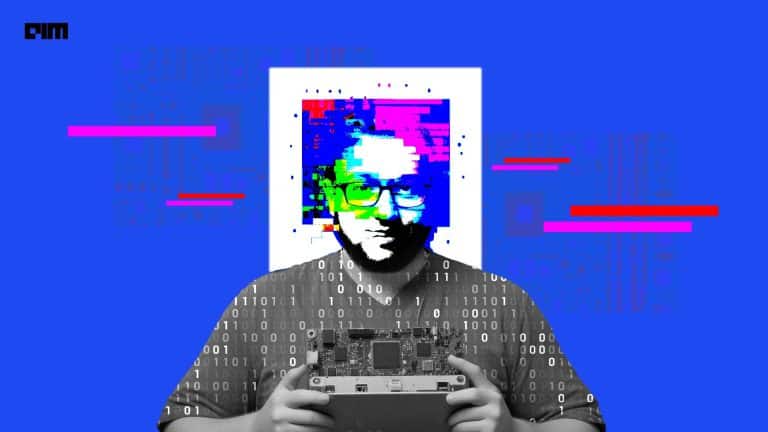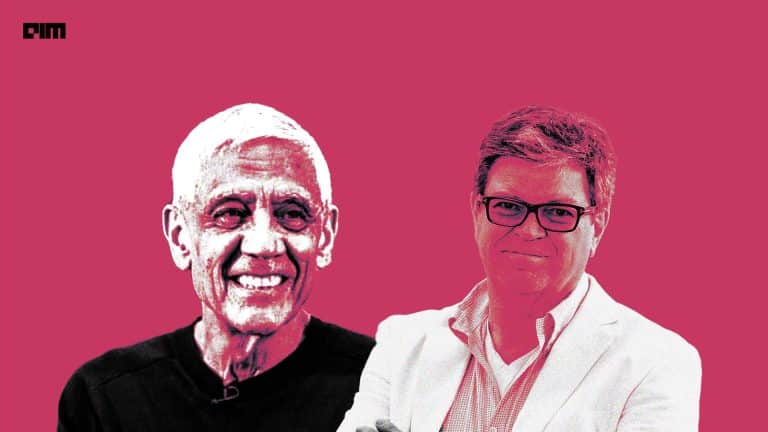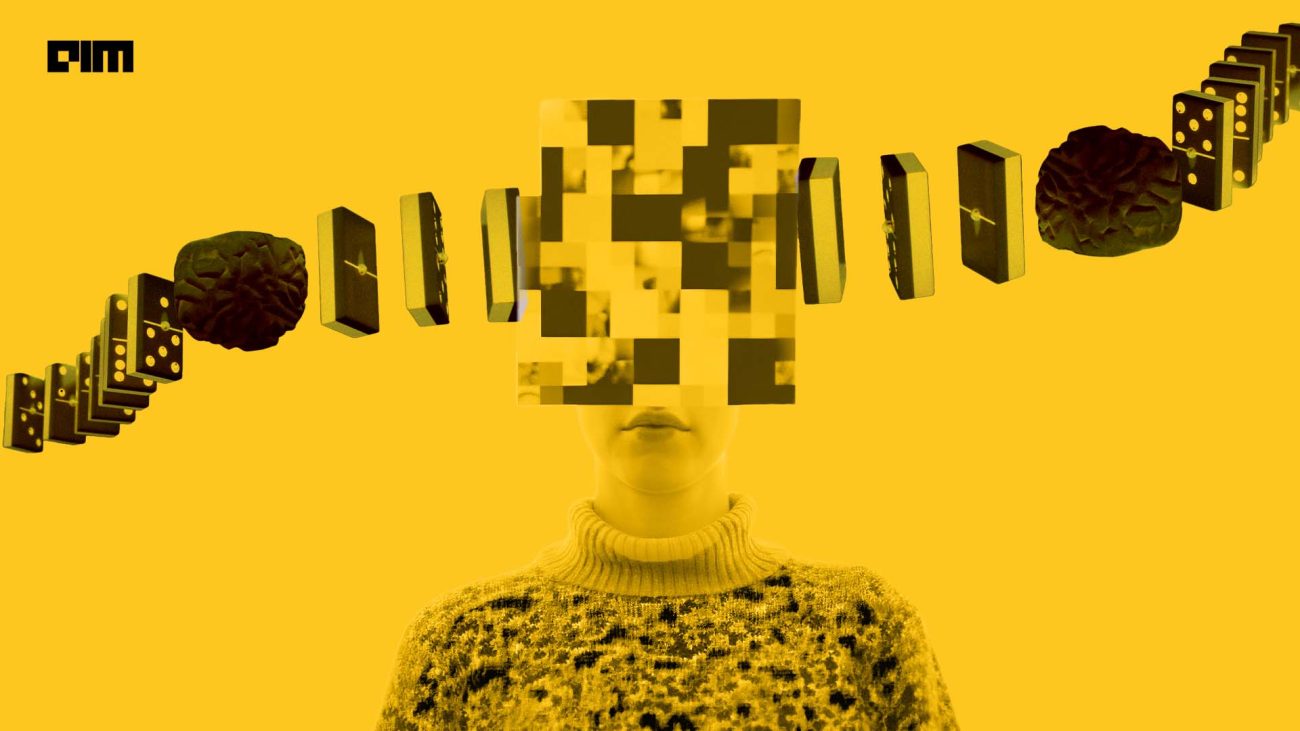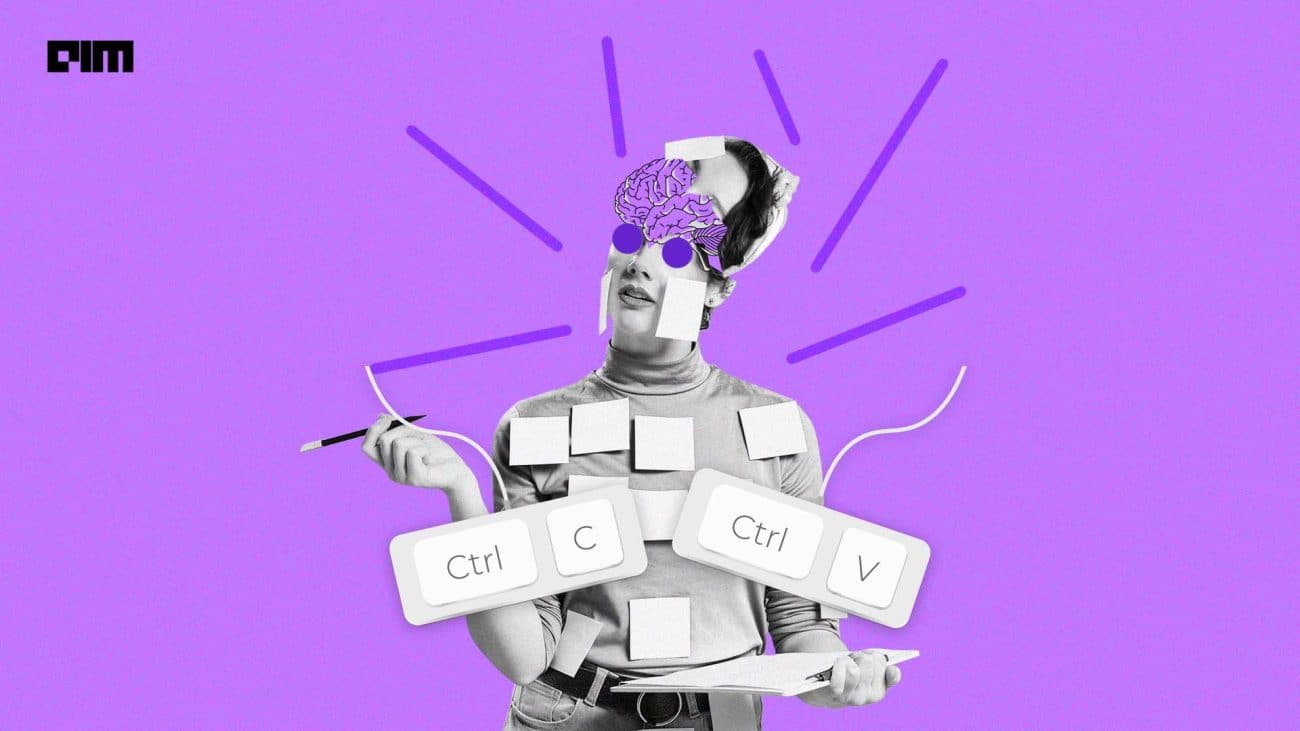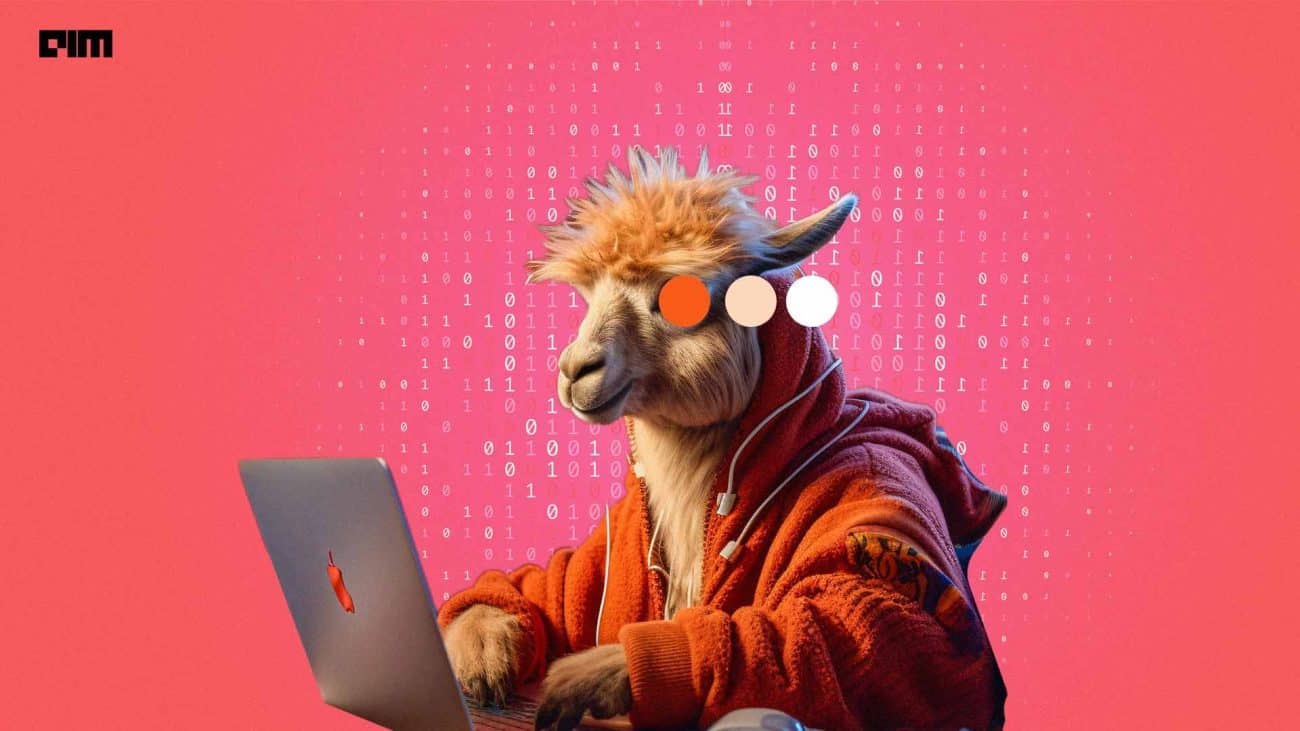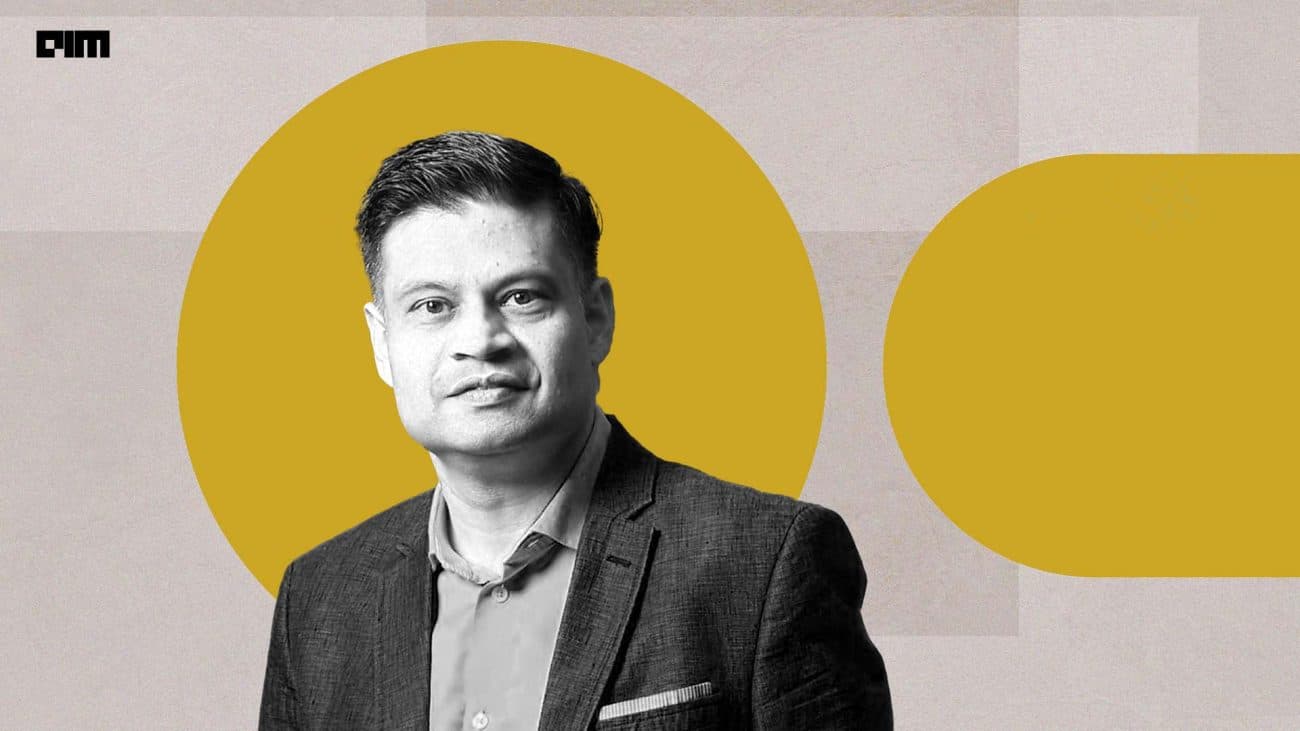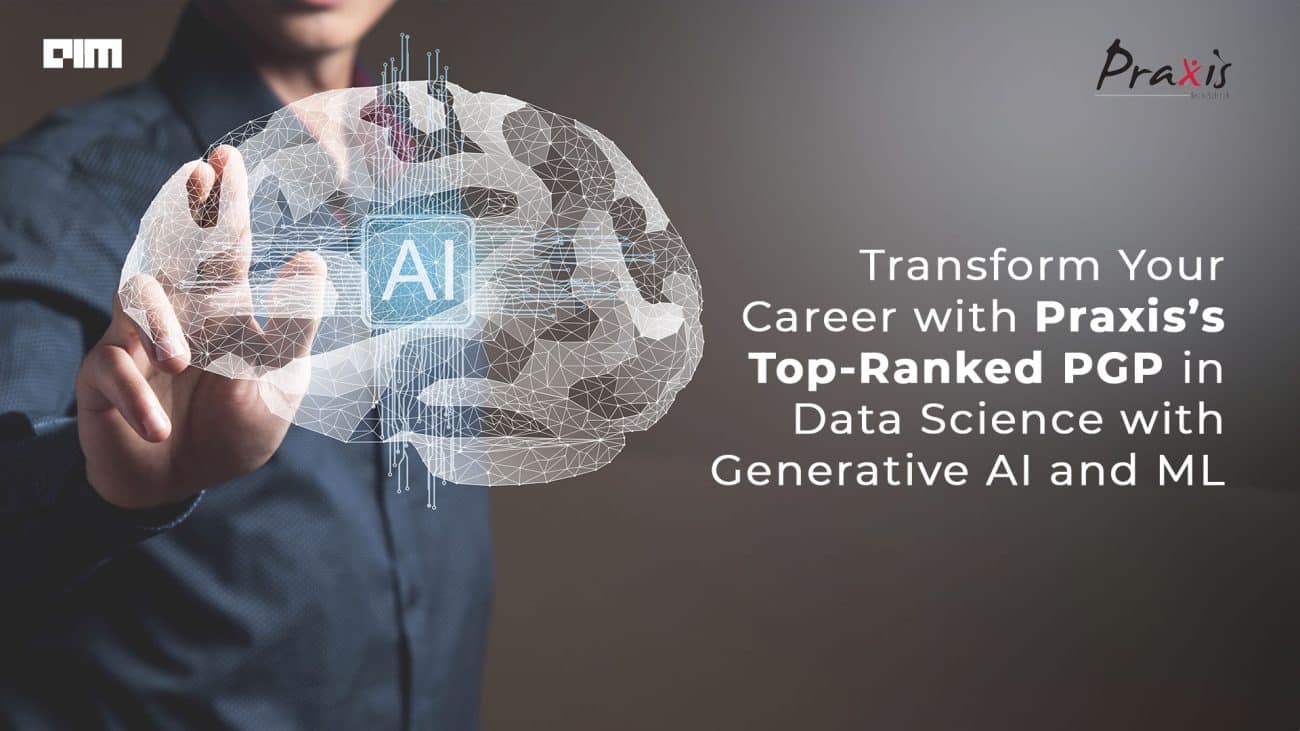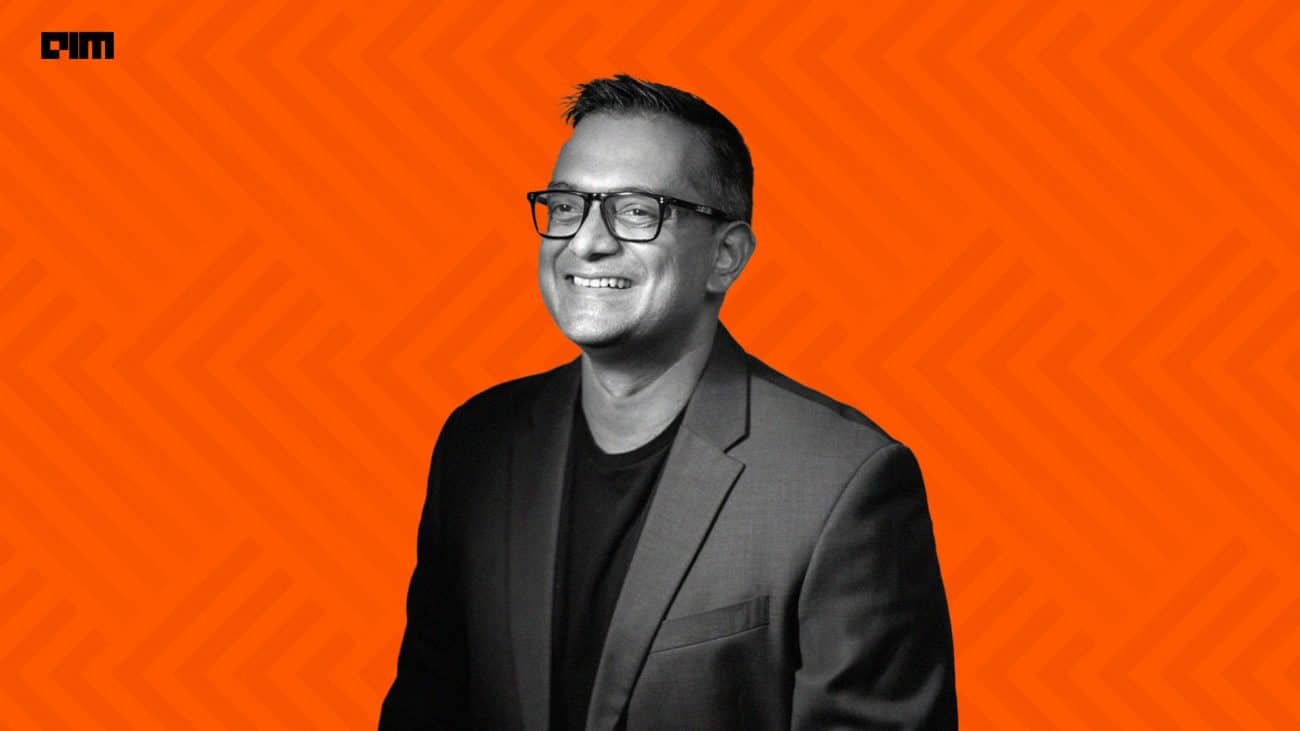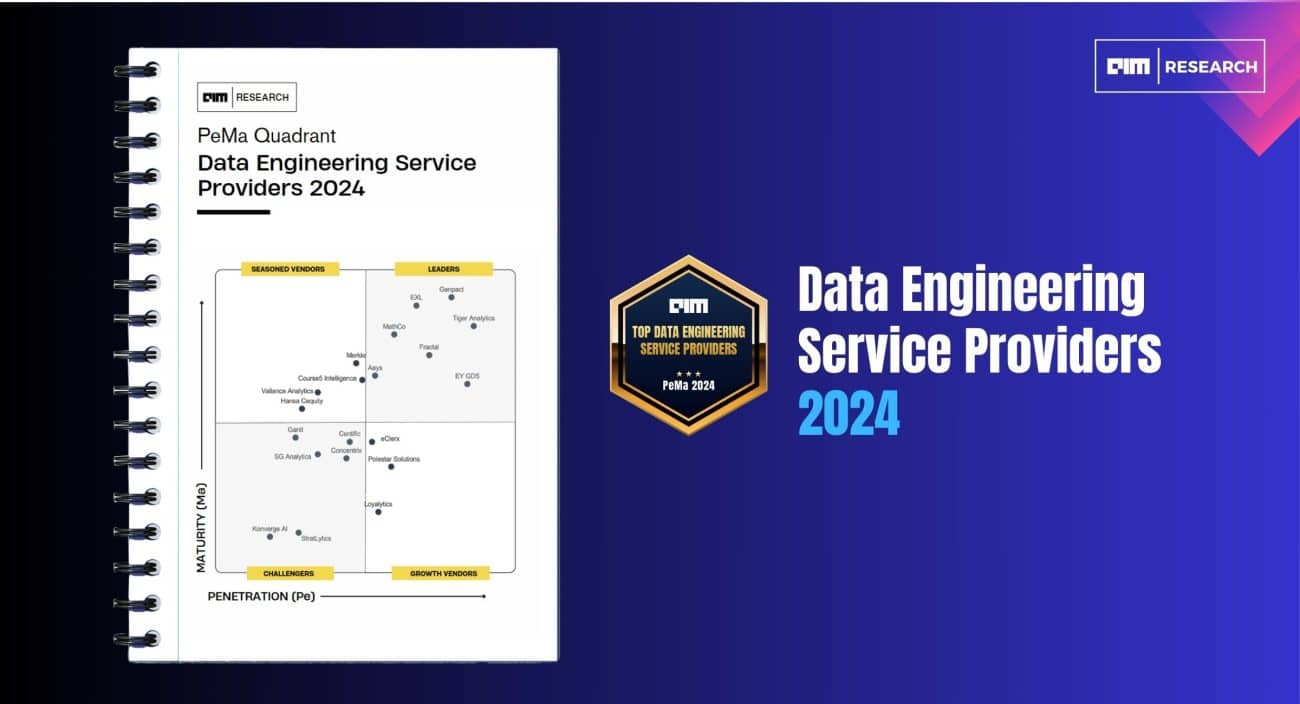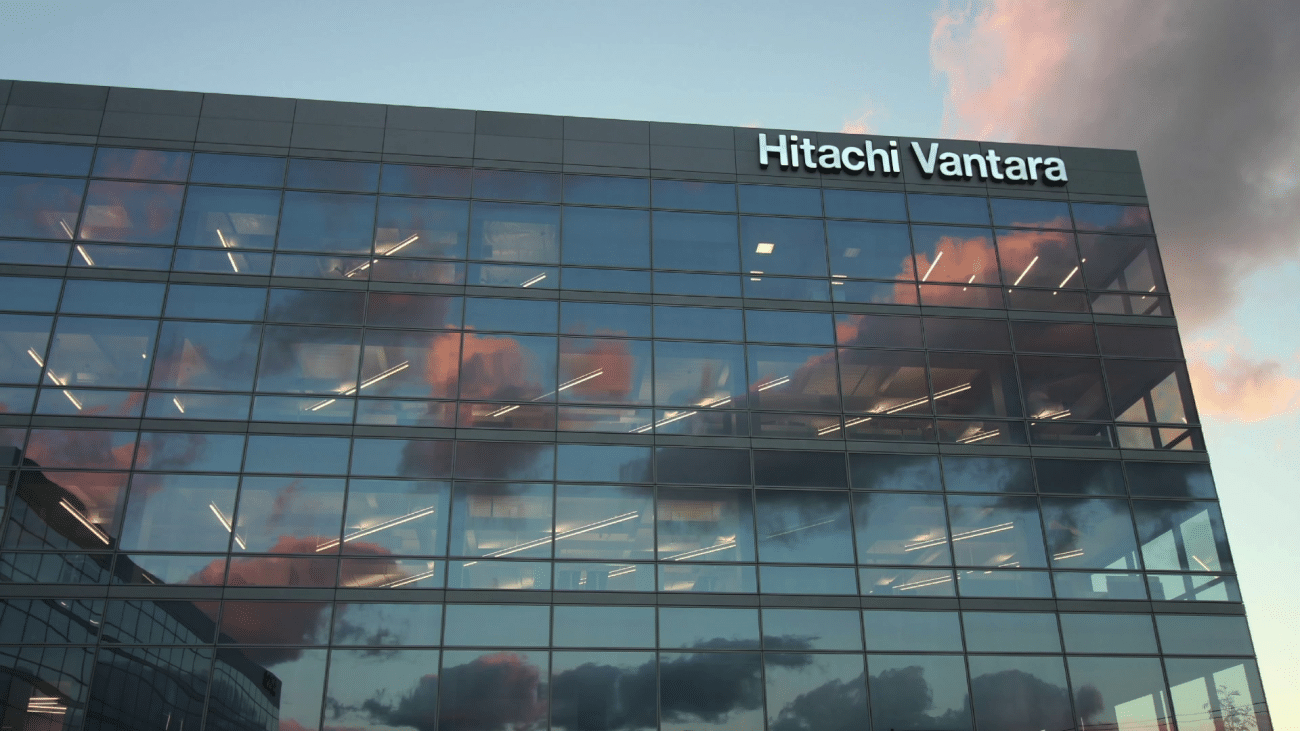|
Listen to this story
|
During his pitstop in India on his global tour—meeting heads of states, world leaders, and various industry giants, OpenAI CEO Sam Altman sat down for an interview with the Vice Chairman of Times Internet, Satyan Gajwani. He spoke at length about various things, ranging from the very obvious—ChatGPT, its use cases across various industries, AGI, the need for indigenous AI research facilities, the exponential curve that we are in right now, the fear surrounding the large language models and Generative AI. He was also accompanied by Sandhini Agarwal, who is an AI Policy Researcher at OpenAI.
Speaking of the adoption of ChatGPT, Altman highlighted the early adoption and enthusiasm shown by users in India. He shared an example of a farmer in India who was able to access government services through a complicated setup involving ChatGPT and WhatsApp, demonstrating the unexpected positive impact of AI in real-world scenarios.
He commended the country for its impressive approach to national technology development and adoption of the Generative AI, which he believes is unparalleled. He emphasised the importance of integrating AI technologies into various services and noted that governments are currently lagging behind, but said that LLMs can be used to streamline government processes like enrollment processes and healthcare.
He also gave his opinion on whether India should build its own OpenAI. He said he believes it is beneficial to have some form of AI research effort. Additionally he mentioned different possibilities, such as training LLMs from scratch, exploring new research directions, or fine-tuning open source projects.
“I think it is good to certainly have some sort of AI research effort. What exactly that should do, you know, should be training, ground up LLMs? Should that be pursuing new research directions? Should that be focused on fine tuning open source projects? I think there’s a lot of options there., and some nationally funded AI effort feels like a good idea,” The OpenAI CEO said.
Here are some of the key highlights from his talks.
AGI Debate
Altman expressed the belief that neither OpenAI nor its GPT models are close to achieving AGI.
The defining capability that separates AGI from current models like GPT-4, according to him, is the ability to independently discover new knowledge, solve novel problems, engage in complex planning, study various topics in a non-linear manner, and actively build and test solutions. He emphasized that evaluations for AGI should focus on assessing these specific abilities. While acknowledging that there may be other perspectives on this matter, the speaker personally views these capabilities as the key indicators of AGI.
Citing a Microsoft paper called “sparks of AGI”.Fractal co-founder Srikanta Velakamanni, asked about the evaluation process and asked the method to evaluate that the models are close to AGI. To which Alltman responded,“Yeah, great question. I think this is one of the most important—rarely asked questions about what the right evals for an AGI would be.”
“I don’t think we’re particularly close or I don’t think GPT-4’s particularly close. For me, the fundamental thing that GPT-4 can’t do at all that an AGI could do is go and figure something out, go and discover new knowledge, or go and learn how to solve a new problem that’s never seen before figure out that it needs to go do complicated planning, study some things in no particular order, build something, write some test code,” said Altman, saying that the tests that he is interested in the e-vals are all around that ability.
Regulatory Talks
Altman acknowledged that proposing regulation in the industry might create the impression that they are playing some sort of 4D chess moves and want to be involved in shaping that regulation. However, he clarified that their intention is not to hinder smaller startups. He explicitly stated that he advocates for no regulation on smaller companies and the current open-source models to allow them to flourish. The focus of their proposed regulation is on larger entities like Google and themselves in the US.
While acknowledging skepticism about a company within the industry calling for regulation, Altman pointed out that governments have not taken sufficient action. In that case he believes it is their moral duty to advocate for regulation and recognise the reasonable nature of questioning their motives.
“I totally get why people are skeptical of hearing someone running one of the companies in the industry call for regulation. But the government’s haven’t been and we think this is important. So, we have a moral duty to do it. And it’s totally reasonable to ask that question, but we feel strongly about doing it,” Altman said.
Worldcoin, Web3 and Decentralisation
Given his involvement with World coin, Nitin Sharma, co-founder at Antler, questioned Altman regarding AI’s role in relation to web three, and past concerns about AI being a force for decentralization.
To which, Altman said he believes that AI has the potential to promote decentralisation by providing democratic access to powerful tools. He mentioned examples such as APIs and ChatGPT, which enable people to leverage AI capabilities and change their notions and fear of AI leading to centralization, where a single superintelligence controlled everything, with the current understanding that AI empowers individuals to be more productive in their domains. He highlighted the idea that people can use AI tools for different purposes, resulting in increased capabilities and productivity while maintaining individual agency.
Skepticism Around Fake Videos and Images
Altman recognised the current fear surrounding the impact of AI on elections, societal trust, and the credibility of the media.
While he admitted to sharing some concerns, he expressed optimism that society will build antibodies to address these issues. Specifically, when it comes to videos, Altman is of the opinion that people will quickly learn not to trust them unless their provenance is established. He thinks techniques like watermarking detectors to verify the authenticity of videos will soon be a thing. Furthermore, he suggestted that cryptographic signatures could be used to authenticate important information.
“There’s a lot of fear right now about the impact this is going to have on elections and on our society and how we ever trust media that we see. I have some fear there, but I think when it comes to a video like that, I think as a society, we’re going to rise to the occasion. We’re gonna learn very quickly that we don’t trust videos unless we trust the sort of provenance, and will have techniques like watermarking detectors. More than that, I suspect at some point, if people are saying something really important, they’ll cryptographically sign it.”
He also envisions a future where web browsers, phones, and other technologies incorporate mechanisms to determine the authenticity of content. He said similar skepticism grew around images due to Photoshop manipulation, but the society can adapt and overcome similar challenges.
Nuclear Fusion
When asked about his side hustle that excites him, Altman said he believes that nuclear fusion will be successfully achieved in the next few years, not just as a scientific demonstration, but as a source of incredibly cheap energy on a global scale.
He also dismissed the current debate about the energy consumption of machine learning models,and said that as AI models are scaled up, energy concerns can be addressed through fusion or renewable energy sources.
Fusion—-he believes will contribute to making AI more affordable,widely available, and smarter. He also said that he envisions fusion technology enabling significant cost reductions in energy production, making it less than 1/10th the cost of current energy sources. He went so far as to say that within a decade, enough fusion generators can be manufactured to meet the energy needs of the entire planet.






